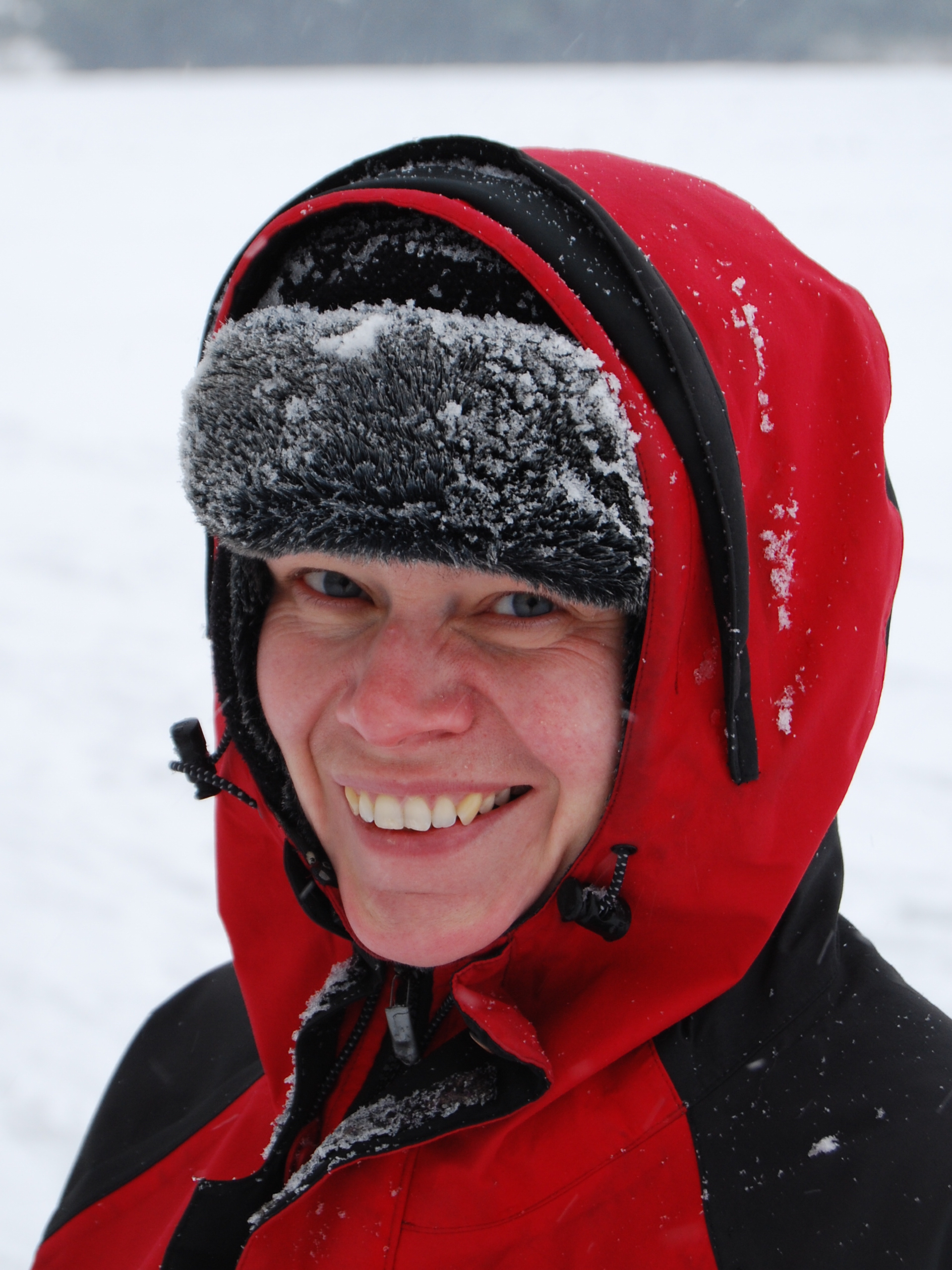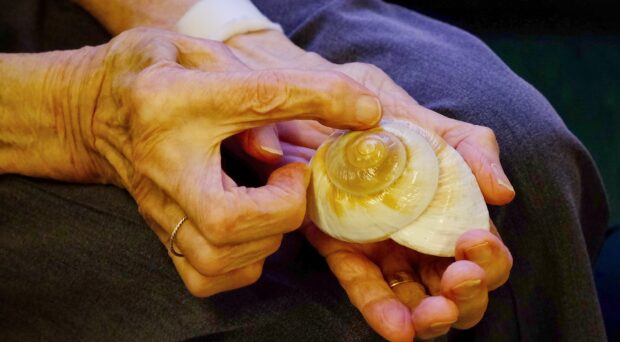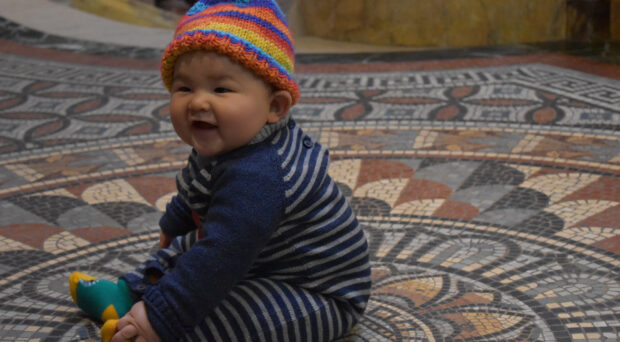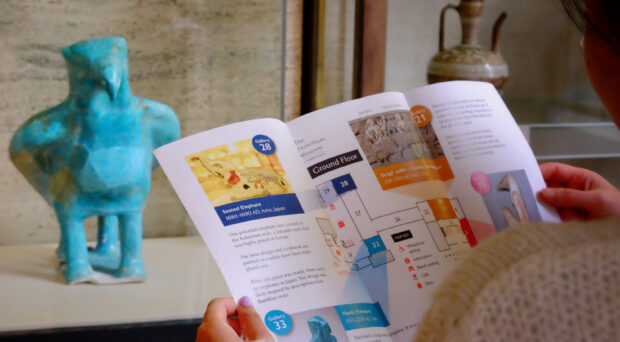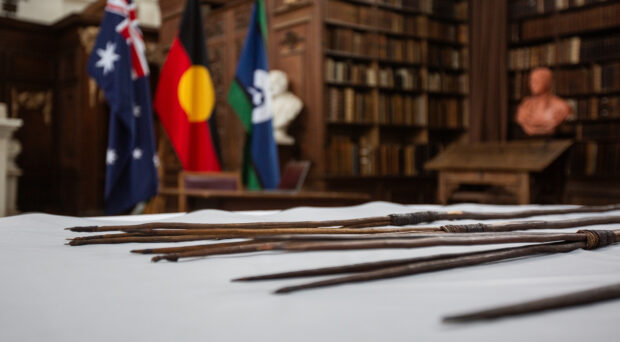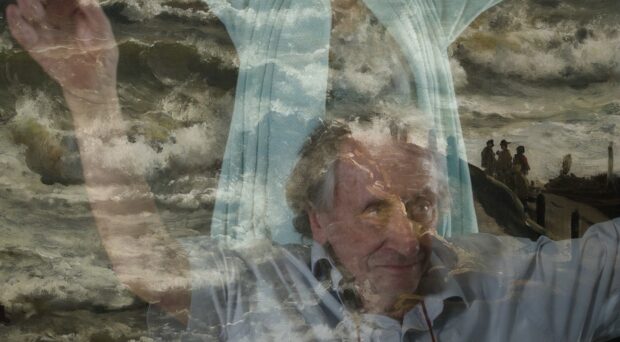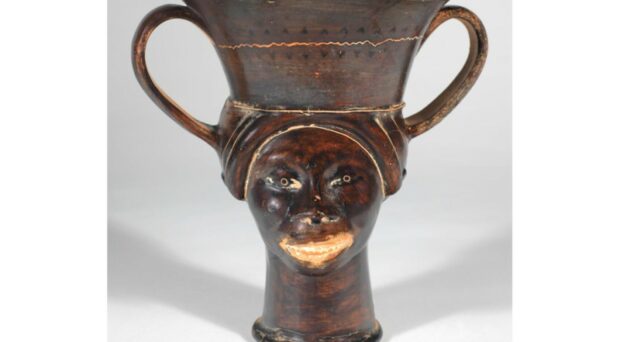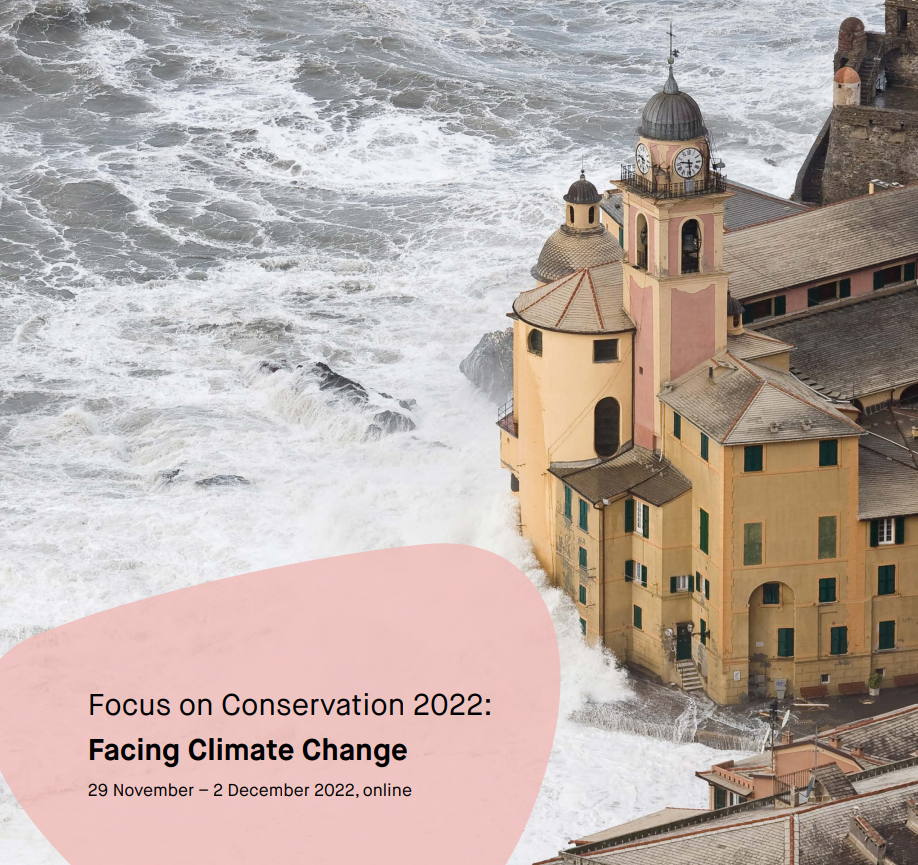
The carbon footprint of museums can be extremely high, so what can we do to reduce our impact on the planet? With energy and material costs spiralling, environmental sustainability is not just a ‘nice to have’; it is essential for every cultural heritage institution facing financial pressure.
This is the biggest challenge facing museums today, wherever they are in the world. And finding solutions to global problems starts by talking to each other, sharing ideas and solutions to tackle the issues we all have in common. This is especially crucial in conservation, where we need to balance our duty to preserve collections with minimizing our impact on the planet.
With this in mind, University of Cambridge Museums once again collaborated with the Leibniz Association of Research Museums to host an online conference – ‘Focus on Conservation 2022: Facing Climate Change’. We had speakers from every continent except Antarctica, and around 750 registered attendees from 48 countries. Thanks to generous funding from the Leibniz Association Aktionsplan, we were able to make the conference free to attend and create videos from the meeting which are now also free to watch on the UCM YouTube channel.
There are still many more questions than answers about how to reduce the carbon footprint of cultural heritage preservation. So as well as some more traditional presentations, we included in the meeting some open conversations, where people working in this field could speak informally and from the heart. In these dialogues we invited speakers working in different parts of the world to share their perspectives on a common issue, including conservation approaches to climate control in buildings, pest management, sustainable conservation practice, and educating conservators about sustainability.
The conference covered a huge range of topics, from challenging our long-held beliefs about preventive care and climate control, and the need to build trust between institutions to develop more planet-friendly loan arrangements, to practical hints and tips to improve sustainability in your conservation lab, today, for almost no cost. Colleagues shared exciting new research into traditional plant-based insect repellents and solar powered fumigation units, and we heard from conservators testing locally available materials for their archival performance when the ‘classic’ archival materials are not available. Not surprisingly, working digitally is already being used to great benefit, both in digitizing and democratizing care for heritage, and also in harnessing the power of online networks to offer support and learning opportunities for conservators in isolated places.
A strong theme of the conference was that conservators already have the expertise to make skilled judgments for preserving heritage, and we can use this knowledge to adapt to changing conditions. Hearing about how colleagues have met challenges in different places can give us confidence and ideas for trying new ways of working. We hope that the meeting will inspire conversations and actions all over the world, and even more importantly that it will empower conservators to contribute to a more sustainable future for museums.
You can watch the Facing Climate Change videos on the UCM YouTube channel.

